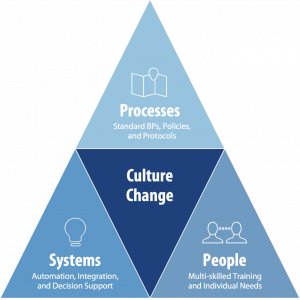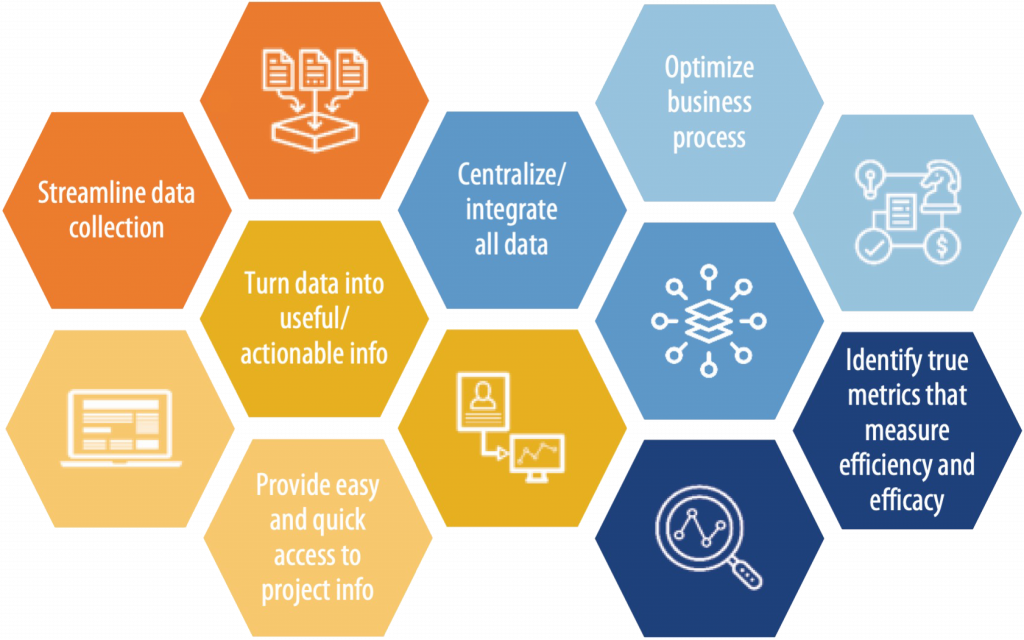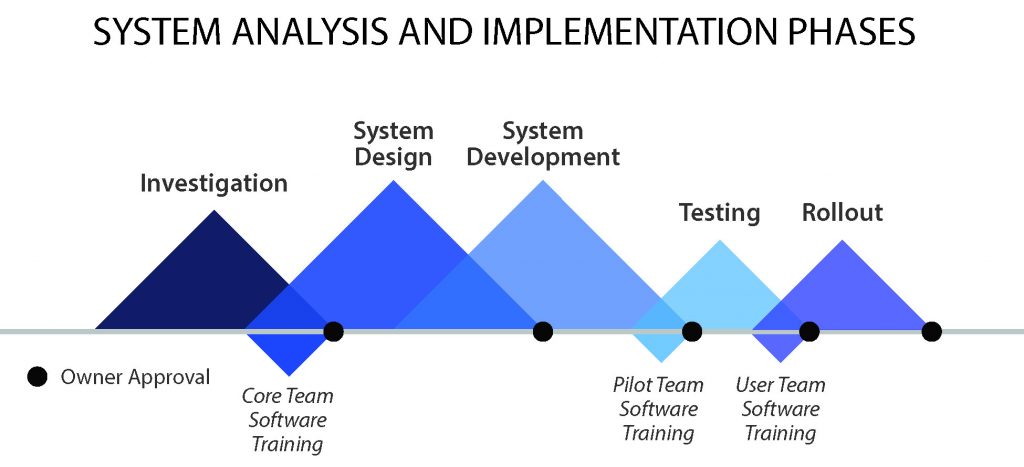Positive outcomes to the challenges of 2020 include the rise of digital transformation in cross-sectional industries. Digital transformation has grown exponentially in 2020 and now offers new modalities in sectors that lacked implementation plans just five to ten years ago.
Project controls and project management information systems (PMIS) are common tools and applications that are used to manage, monitor, and mitigate risk in the construction industry. Digital transformation in the 21st century includes web-based applications that offer construction managers and personnel technological solutions that address unique project challenges.
information systems (PMIS) are common tools and applications that are used to manage, monitor, and mitigate risk in the construction industry. Digital transformation in the 21st century includes web-based applications that offer construction managers and personnel technological solutions that address unique project challenges.
The current environment is prompting us to now discover how digital transformation benefits the construction industry via new technologies. PMIS and digital transformation facilitate quick and strategic decision-making that is crucial for successful construction project management.
Digital Transformation
Historically, the construction industry has been among the least digitized sector of the economy, and outdated construction management technology has led to productivity and efficiency deficits. Barriers to integrated digitalization include dispersed construction sites, multiple subcontractors, and diverse sources of data.
Project Management Information Systems

The current gap between innovations for construction professionals and technology has caused skepticism regarding their use and practicality. As a critical benefit, however, PMIS supports informed decision-making and quickly provides access to project information. Cloud environments augment these systems by providing integration that makes communication and data actionable.
PMIS for construction management is developed using accurate client data, staff usage, and current conditions created by multi-facility environments that operate simultaneously. Successful data technology solutions provide user-friendly interoperability processing that can differentiate between construction management needs and those of other users.
PMIS that are customized for the construction industry provide streamlined data collection that accurate identifies project metrics and integrates data to optimize business processes. Implementation of these systems are set up using Power BI, 4D BIM, virtual design consulting, system evaluations, custom application development, training process improvements, and more.
Business Intelligence Systems: Power BI
Business Intelligence (BI) systems, including Power BI, provide a complete picture of the current situation for owners, project managers, construction managers, and other key stakeholders during complex construction projects.

Teaming Power BI with current best practices, work products, and program controls creates analytics that contribute to an organization’s operational strategy. Power BI connects data sources (e.g., Excel and SharePoint) and compiles them into relevant data sets with drill-down views. Data can then be tracked and outcomes accurately predicted, and dashboards can be shared that provide a real-time view of the data.
Construction Digital Transformation
Decoding digital transformation in construction includes understanding project management’s increasing reliance on applications available on tablets and smartphones. Project managers can instantaneously review on mobile platforms changes to drawings, schedules, and labor availability. Contract document review, performance management, and quality control can be performed via remote systems that are integrated into the overall PMIS.
Building information modeling (BIM) is a key component of digital transformation in construction. BIM is an integrated platform that includes project planning, design, construction, operations, and maintenance and that provides a holistic, real-time view of project design, cost, and schedule. Visual information provided by BIM enables construction project managers to identify risks early in a project and ultimately improves decision-making.
To effectively benefit from the use of BIM, resources should be earmarked for its application and capability building incorporated at the design stage. Additionally, BIM-compatible data-reporting programs should be adopted.
Digital Transformation Strategies
Digital transformation within the construction industry is in the growth and development stage, and its progression looks promising. When implemented correctly, digitalization can impact industry enterprise levels, back-end systems, expense tracking, and innovation to design, build, and use automated methods with positive outcomes. Embracing these technologies now will lead to growth and advancement in the future.
Construction digital transformation can provide clients with changing project conditions in real-time through data-enhanced capabilities. When digital transformation is defined as a key value for a company, the rewards can be impressive, including productivity gains of 14 to 15 percent.
Digital Transformation and The Way Forward
PMA Consultants can assist in creating or improving your construction project management processes through digital transformation. Our professionals are well established in prioritizing client requirements to find helpful digital solutions. No matter your construction project challenges, PMA is skilled in identifying and implementing innovative project management tools that are client-driven and client-focused.
With certified experts in the application and implementation of Oracle Primavera P6, e-Builder, Unifier, Power BI, and Tableau, PMA has extensive experience in evaluating the effectiveness of existing systems, incorporating an organization’s standard practices, eliminating user learning curve inefficiencies, and ensuring continuity in reporting and in controlling ongoing projects.
Construction management teams are reporting outstanding experiences using data-driven solutions that help owners achieve positive results on construction projects or programs. These experiences include seeing the world of digital applications, tools, support, innovative growth, and development as a priority with assistance from experts who can provide specialized guidance and direction in their use and implementation. To confidently progress your company’s efficiency, contact us to streamline your digital transformation tools and methods for your upcoming projects and programs.
